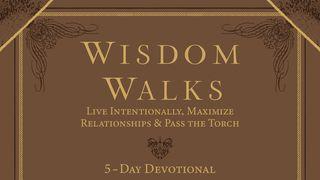Holy Noticing: How A Christian Can Practice Mindfulness Sample
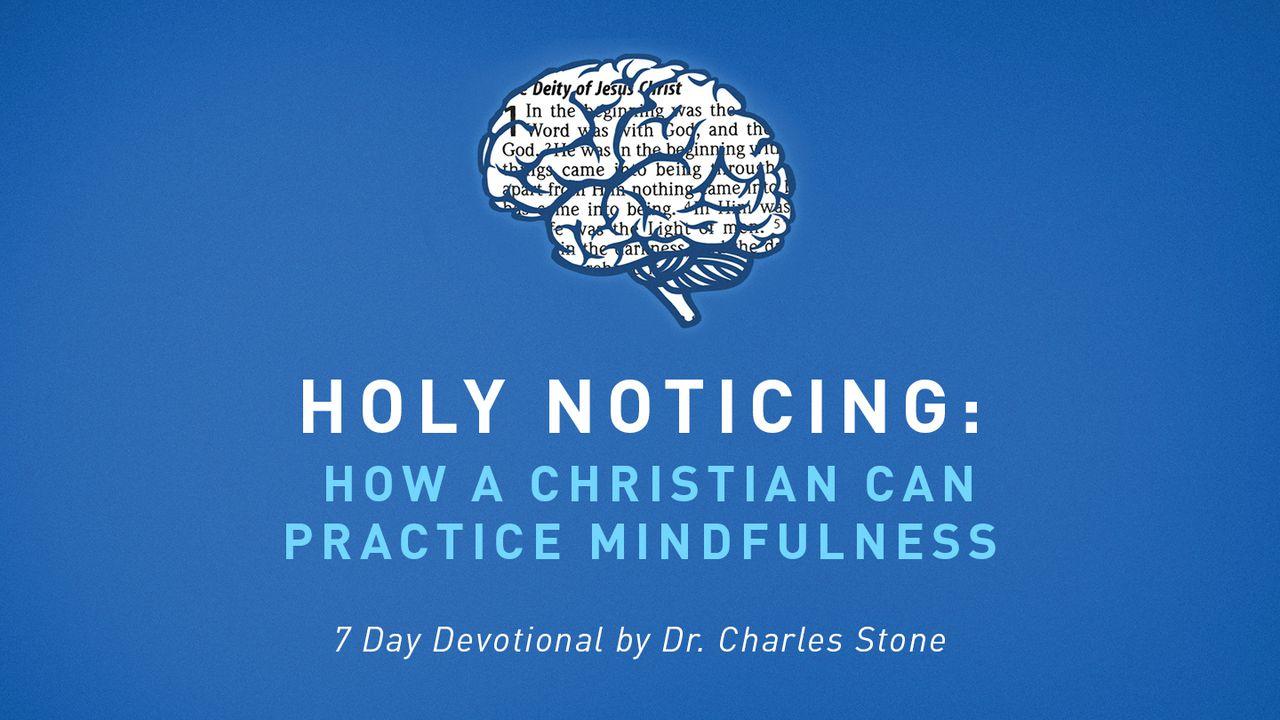
Afflictive emotions or Affect (a general term for emotions): Acknowledge how you’re currently feeling
The Scriptures don’t gloss over our struggle with emotions like worry, anxiety, fear, and grief. God acknowledges that as created beings we experience a wide range of emotions, some healthy and others not. And holy noticing can actually re-sculpt brain pathways that lower the activity of our brain’s anxiety centers. It’s a spiritual discipline that helps us step out of the self-reflective, inner chatter mode we’re in about half our waking hours. It helps us step back, notice, and be objective in the face of our tendency to default to emotional subjectivity and negative affect (a word for emotions).
Dealing with difficult emotions is like a Chinese finger trap you probably played with as a child. The trap is a six-inch tube made of multi-colored woven straw about the size of your index finger. You put your index finger on each hand into each end of the tube. The more you pull and struggle to remove your fingers, the tighter the trap gets. The only way to free yourself is to loosen the tension from your fingers by gently pushing into the tube.
In a similar way, if we struggle and fight against an afflictive emotion by trying to suppress or repress it to make it go away, it can tighten around our soul, like a Chinese finger puzzle tightens around our fingers. Trying to wrestle the emotion away habituates our desire to rid ourselves from current moments filled with unpleasant emotions that we think must go away for us to experience shalom, God’s peace. And when we try to push an emotion away, it ends up in our bodies as headaches, shoulder tension, stomach aches, and other chronic health problems.
Only when we take a Spirit-guided approach by acknowledging it (the A in the BREATHe model) and leaning into the emotion, rather than forcing it away, will it lose its power. We must notice and observe it, sit with it, and describe and label it to lessen our tendency to repeatedly return to it. Over time those afflictive emotions will loosen their grip on us and we will learn that by God’s grace we no longer are at their mercy.
Try this today to practice holy noticing. Imagine you are sitting by a deep, calm river that represents God’s infinite abundance of grace. Your afflictive emotions are pebbles, rocks, or even boulders. Imagine that you toss each one into the stream and see it disappear into the depths, fading out of your awareness. This is an application of Peter’s instruction to: “cast all your anxiety on him because he cares for you” (1 Pet. 5:7, NIV). Each time an emotion re-surfaces, mentally toss it back into the water.
About this Plan

Does your life ever feel like one series of rushed moments after another? Do you want to feel more connected to those you love and to God? In this devotional series you will be introduced to Holy Noticing, a mindful approach to life. You’ll learn to become more present and less rushed in the moment and reduce your stress by developing the ability to focus on God and people rather than tasks.
More
Related plans

The Laughter Plan
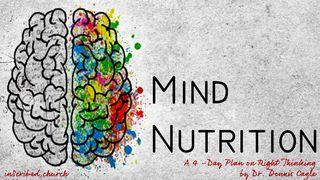
Mind Nutrition

Christian Mindfulness

I Declare War: 4 Keys to Winning the Battle With Yourself
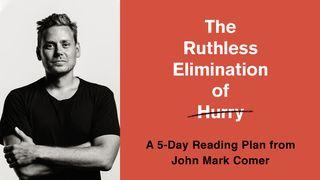
The Ruthless Elimination Of Hurry

Get Out Of Your Head

Reset Your Mind: Overhauling Toxic Thoughts

Choosing The Meaningful Over The Urgent
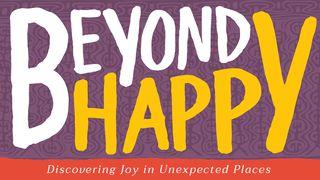
Beyond Happy: Discovering Joy In Unexpected Places
